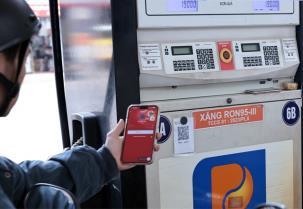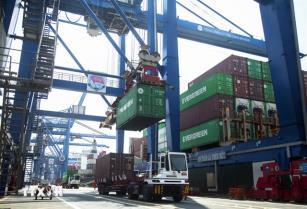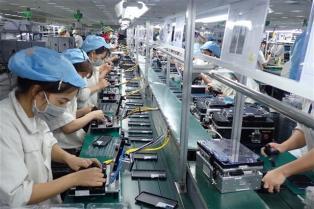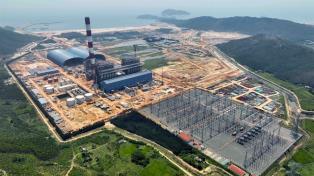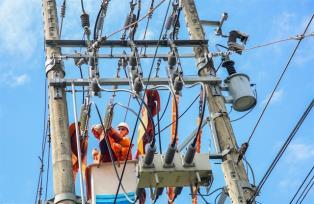A portion of repeat international visitors are beginning to purchase property for long stays, retirement or combined investment use.
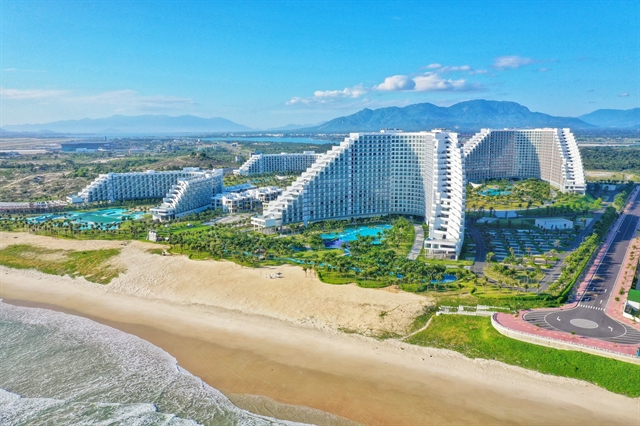
HÀ NỘI — The resort property market is showing renewed vitality, with hotel occupancy and investment activity rising after the Government expanded its visa-waiver policy, according to industry insiders.
Surveys by the VARS Institute of Real Estate Market Research and provincial Departments of Culture, Sports and Tourism reveal four- and five-star hotel occupancy in Đà Nẵng, Nha Trang and Phú Quốc reaching between 70 and 90 per cent, with full bookings during holidays and festivals. Room revenue is reported to have increased by 20–30 per cent year-on-year.
Secondary market activity has also picked up, with fewer distressed resales, 5–10 per cent annual price growth at some projects and the resumption of high-end developments. New project launches have recorded positive initial absorption.
Industry analysts attribute the rebound primarily to changes in visa policy. Over the past two years, Việt Nam has expanded its list of countries eligible for unilateral visa exemptions.
Most recently, Resolution 229 grants visa-free entry to citizens of 12 countries from August 15 to August 2028. This follows Resolution 44 in March 2025, which also covered 12 nations. Việt Nam now applies unilateral visa waivers to 24 countries, mainly in Europe. Since August 2023, the permitted stay under these waivers has been extended from 15 to 45 days.
The impact of the changes is reflected in tourism data. According to the General Statistics Office, Việt Nam welcomed 10.7 million international visitors in the first half of 2025, up nearly 21 per cent year-on-year and about 26 per cent above 2019 levels. The Việt Nam National Authority of Tourism reports notable increases in visitors from Poland (44 per cent) and Switzerland (10 per cent) in the same period.
Localities with airport, seaport and expressway access, established tourism brands and clear international marketing strategies are seeing the strongest gains in occupancy and room revenue. The VARS Institute expects the visa-waiver policy to continue driving hotel demand, stimulate new supply and revive previously delayed projects.
The evolving market is also seeing structural shifts. A portion of international visitors are staying longer and spending more, bolstering demand for higher-end properties such as beachfront villas, resort-standard accommodation and luxury condotels. Repeat visitors are increasingly purchasing property for extended stays, retirement or a mix of personal use and investment, gradually widening the ownership base.
Sustaining this growth will depend on the responsiveness of both developers and public authorities. VARS Chairman Nguyễn Văn Đính noted that businesses must adapt their offerings to match evolving demand. Projects that incorporate on-site amenities, wellness services, night-time entertainment and experiential tourism are becoming more prevalent.
On the regulatory side, continued efforts to remove legal bottlenecks and maintain a transparent, predictable investment environment are essential for boosting investor confidence.
In short, Việt Nam’s expanded visa-waiver policy is contributing to stronger hotel performance and renewed resort property activity. If consistently implemented and well-supported, the policy could underpin steady, long-term growth in the hospitality and resort real estate sectors. — VNS

